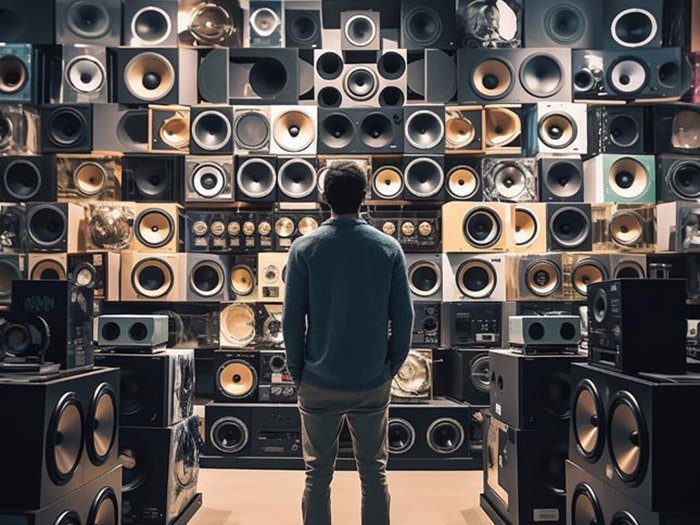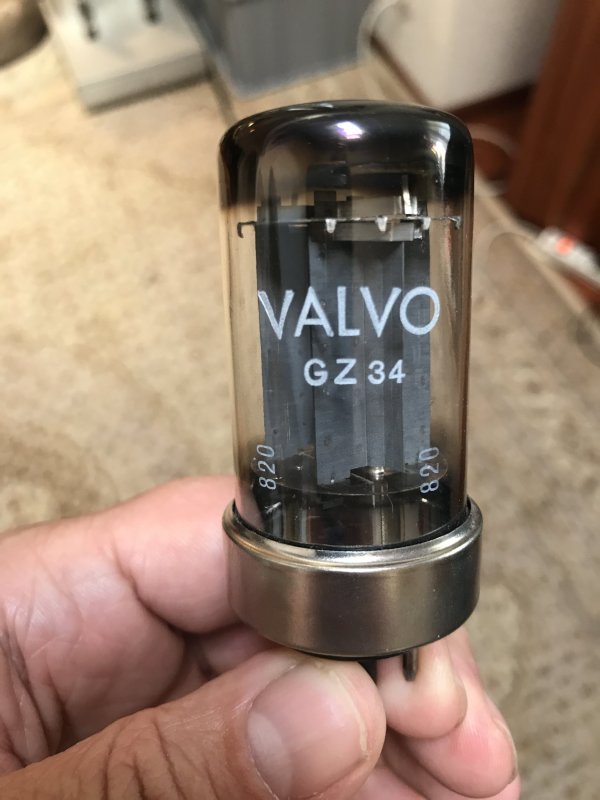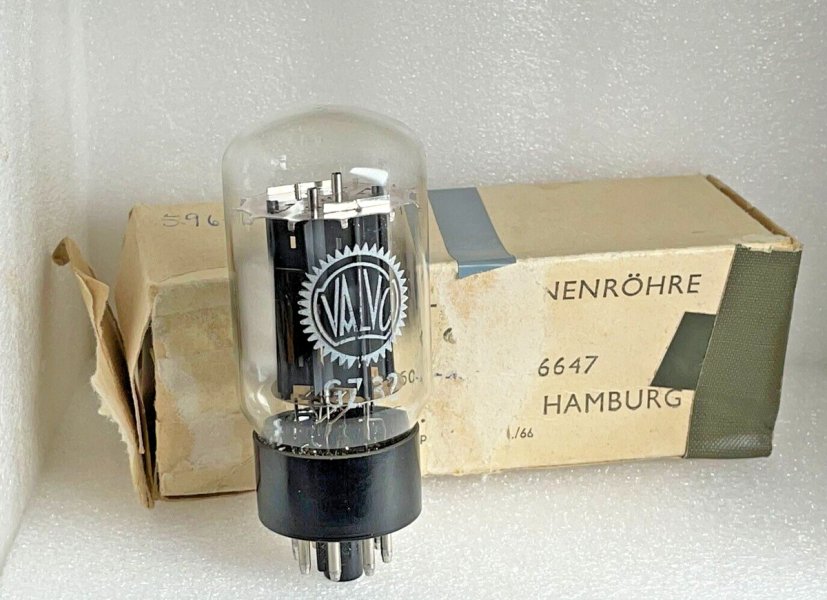This is a subject that has driven me crazy, especially since the obsessive drive for more "detail" has risen to insane proportions. But the departure from "musically correct" reproduction didn't begin there.
No. It actually began with the use of high feedback in the pursuit of vanishingly low harmonic distortion. This inturn led to the focus of designing solely by numbers as a dominating criteria instead of listening to what truly sounds good, and what doesn't. This has proven to be a mistake time and time again, but few have seemed to learn from it.
What I hear when I listen to the majority of modern hifi components and systems is a bright, hard and fatiguing presentation, often bordering on severe stridency while being harmonically distorted and/or threadbare, and noticeably lacking in musically engaging qualities. What you end up with is an over-hyped sonic microscope that is overly detailed and brutally revealing of everything that is wrong with the recording.
The problem compounding this is that nearly all of the so-called hifi components that I have heard over the last 40 years clearly displays one or more of the above traits to the level of distraction, especially since the majority of them often possess distorted and/or unrefined high frequencies. You may not be able to hear it as well as I do, but I am really sensitive to it.
To sum up this rant, I would like to say that I am looking to form a conglomerate of audio-oriented manufacturing associates with the goal of producing more musically correct components at reasonable prices.
No. It actually began with the use of high feedback in the pursuit of vanishingly low harmonic distortion. This inturn led to the focus of designing solely by numbers as a dominating criteria instead of listening to what truly sounds good, and what doesn't. This has proven to be a mistake time and time again, but few have seemed to learn from it.
What I hear when I listen to the majority of modern hifi components and systems is a bright, hard and fatiguing presentation, often bordering on severe stridency while being harmonically distorted and/or threadbare, and noticeably lacking in musically engaging qualities. What you end up with is an over-hyped sonic microscope that is overly detailed and brutally revealing of everything that is wrong with the recording.
The problem compounding this is that nearly all of the so-called hifi components that I have heard over the last 40 years clearly displays one or more of the above traits to the level of distraction, especially since the majority of them often possess distorted and/or unrefined high frequencies. You may not be able to hear it as well as I do, but I am really sensitive to it.
To sum up this rant, I would like to say that I am looking to form a conglomerate of audio-oriented manufacturing associates with the goal of producing more musically correct components at reasonable prices.

Last edited by a moderator:











